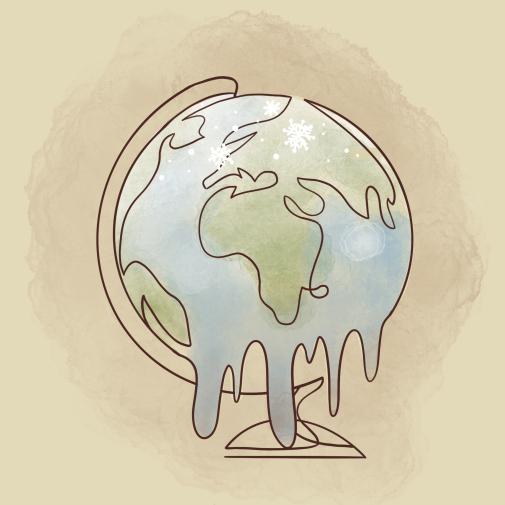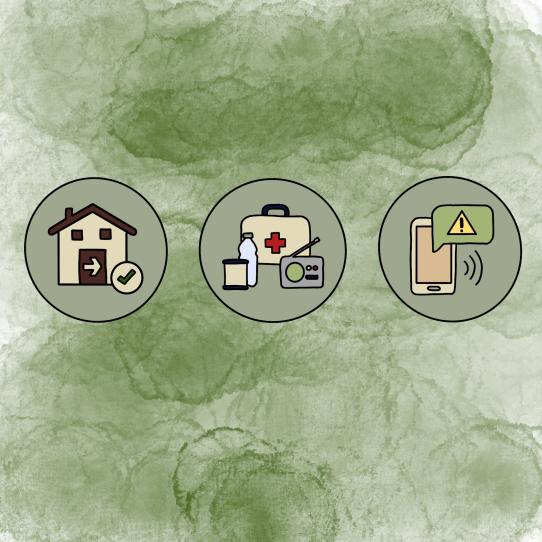This recent cold weather over the West Coast has more disastrous impacts than one may think. Last week, on March 5th, Texas saw snow for the first time in years. California has been hit with a wave of cool weather, causing there to be snow on the Hollywood sign and hail in Newport Beach. This caused a flurry of road closures, as well as many floods and storms. Mudslides, fallen trees, and power outages are only some examples of the environmental destruction that this cold streak weather has caused. For one of the first times in 20 years, Los Angeles’ weather has stayed below 60 degrees for 8 consecutive days. Although this is a delight for skiers, it also indicates the presence of an environmental disaster. Currently, though weather forecasters predict a warming period that will follow the storms, Newport Beach and the Orange County area continue to see downpours, stormy weather, and constant frigid temperature.
Despite its regional impact, this cooling period may seem insignificant in the context of global events. Currently, global warming, the heating of the surface of the Earth from pollution, has become a more pressing issue in recent events. Some causes of global warming include greenhouse gas emissions and industrial processes that release air pollutants into the atmosphere. In current news, a company called Willow is causing much controversy. President Biden is in the process of signing a bill that would allow Willow to build three oil drilling sites in Alaska, which will inevitably worsen the pollution that causes global warming. Lawmakers are backing this project with the belief that it will create more employment opportunities, but environmental activists argue that the benefits are not worth the cost of the environment. Additionally, indigenous populations in Alaska worry that this project will infringe on their territory, as many large companies have done in the past.
Before global warming occurs, scientists have predicted that the Earth will engage in a global cooling process. Historically, global cooling has occurred before major industrialization projects. In the 1970s, global cooling occurred before mass industrialization started global warming. This leads scientists to the question, was the Earth cooling down before it began to warm? The data from a study conducted by the University of Arizona goes to show that yes, the Earth was cooling. This is significant because if history repeats itself, this could impact our interpretation of the recent small-scale weather anomaly that is occurring on the West Coast. Although the colder than usual weather along the West Coast may not be an immediate cause of alarm, it reminds us that global warming is still a pressing concern.
Sources:
Written by Raquel Rybakova

 Underneath the Blinding Lights
Underneath the Blinding Lights